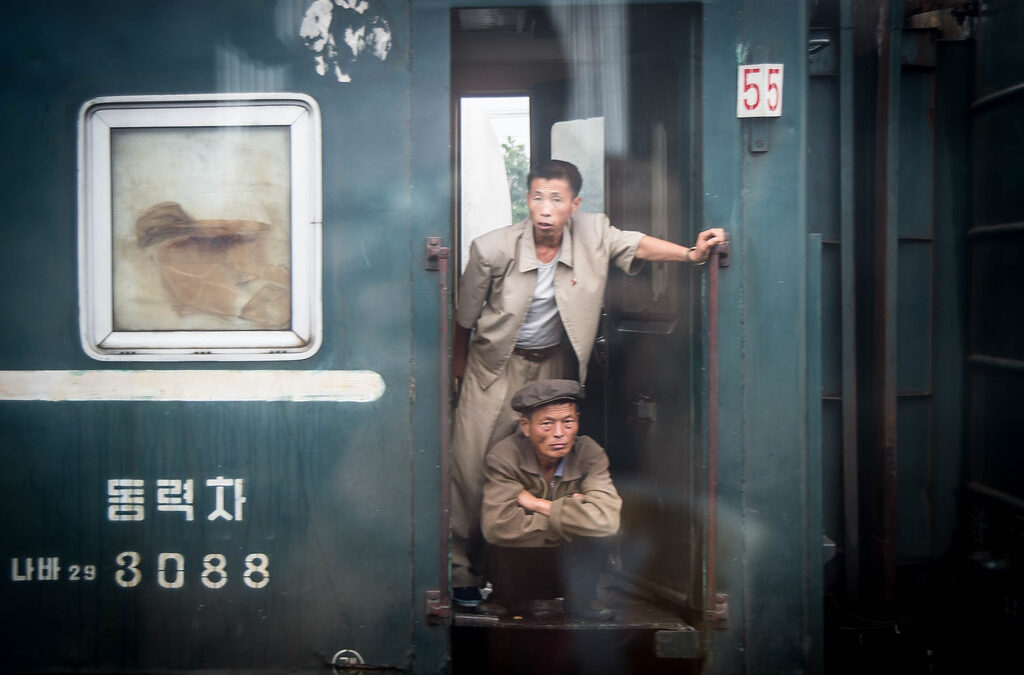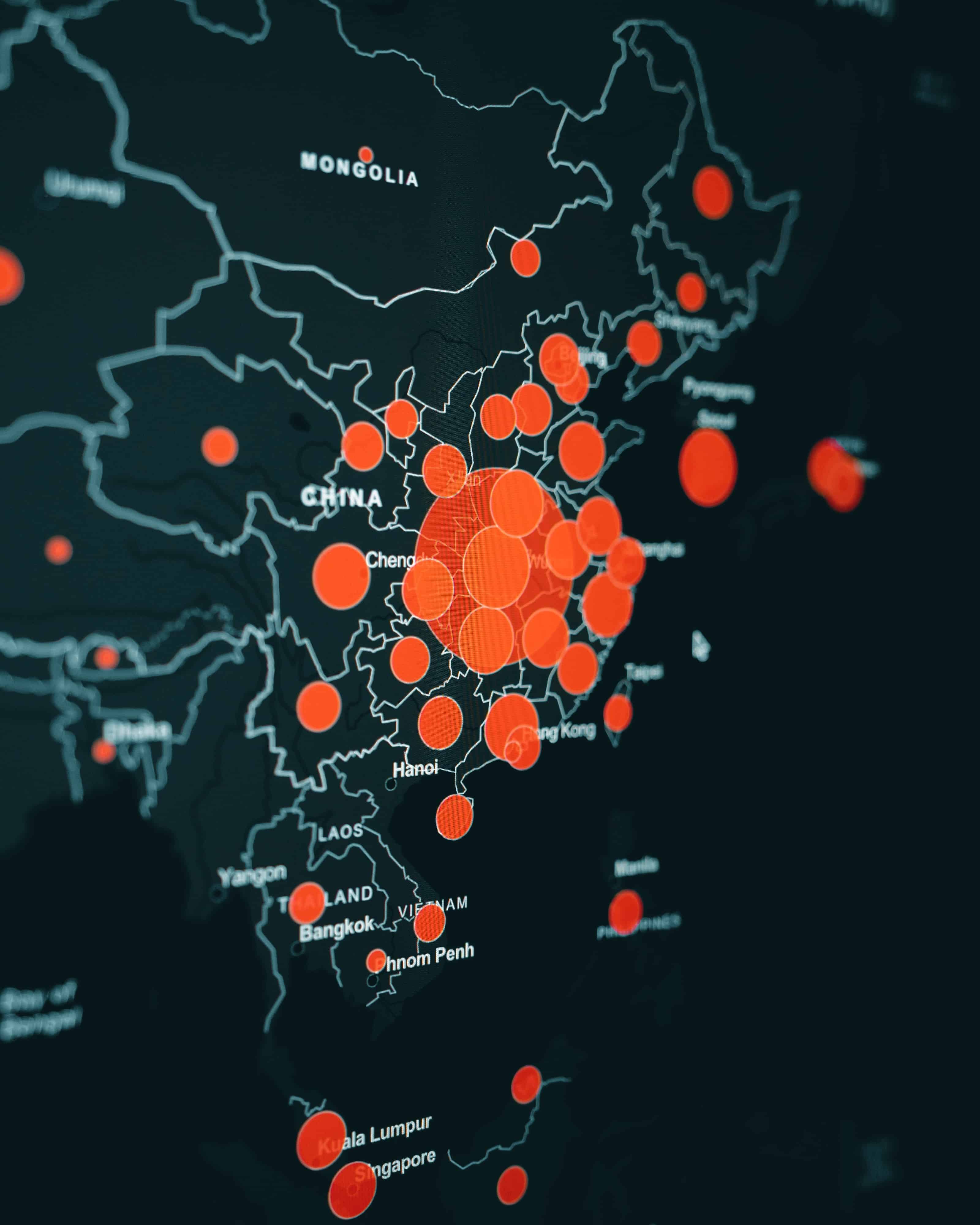By Bob Faulkner Submitted On July 23, 2014
Helicoptering over North Korea
I continue to survey the landscape of 2014 North Korea, as in a helicopter. Keeping my distance for now. But truly interested in what has happened since I have had to be away. Five years can mean a lot of changes. As I stated in an earlier article, the changes have not been all that noticeable, and some of my report has been offered before.
As a guide to my survey, I have borrowed from some books on the market, the list of which will help you update your own searching. An amazing group of authors have penned the tragic history of a nation gone wrong.
Out there today, written in the last five years, are such works as Nothing to Envy, Denrick; NK, State of Paranoia, French; Dear Leader, Jang; Escape from camp 14, Harden; North Korea on the Inside Looking In, Ringhneer; Capitalist in North Korea, Abt; Escape from North Korea, Kirkpatrick; Supreme Leader, Minute Help Guides; Exposing North Korea’s Menacing Leader, Okama; The Last Days of Kim Jong-Il, Bechtol; Successor Kim Jong Un, Lee.
As in all helicopter research, my view is limited. There are many more books you could read. And I offer no guarantees about the political spiritual content of these books. We are still a long way from the goal of touching God’s people in that nation. First, the nation itself. I think that in reading these books you will begin to grasp a little of the heart of the nation from a human perspective.
Soon we must land this craft and begin our search for the real treasures of Chosun.
In a 2012 book by Victor Cha, The Impossible State, I was able to glean more facts about what has been going on, but actually what is not new. The facts are Victor’s, the wording is all mine.
- The Pyongyang airport has essentially no traffic. Propeller planes are visible to incoming flights. Upon arrival you will hear… nothing. No car sounds. No birds. Eerie.
- Should you choose to visit a school, were it allowed, you would hear lessons in grammar that go something like this: “We killed Americans. We are killing Americans. We have killed Americans.” Thus goes a typical teaching on the tenses of the English verb. The strange thing, if that is not strange enough for you: English, the language of these dead Americans, is required study in all schools.
- Shall we study math? If there are 537 American soldiers, and you shoot 436 of them to death, show many American soldiers are alive still?
- Economists, check this one out. The value of North Korea’s mineral deposits is 140 times the GDP. North Korea is sitting on great wealth. And can’t afford to extract its fortune because of lack of equipment and energy. So much potential is being processed into the military that all other processes must wait.
- Meanwhile, Big Sister China is eyeing those resources greedily. China continues to grow. China needs minerals. For years now, she has been doing “joint ventures” with the North Koreans, giving them needed cash, while taking away slowly their needed minerals. How long can this last? And we all thought that China just cared about baby sister NK because of the historical ties.
- China actually has many motivations for putting up with rascally North Korea and its evil dynasty. For another reason, if NK collapses, where do all those hungry Koreans run to? They already have infiltrated that section of China where the two countries meet. And this, under threat of imprisonment, torture, and death at the hands of its government when China sends them back, as they do on a regular basis. Imagine the flow of recently freed citizens looking for money and food and housing. Could China bear it? For now, they say no. Of course, many of these folks would run south, to their own people. But how many? And would South Korea receive them? They have trouble doing so now, or so I am told…
- China must then consider a world with no North Korea, where on her actual border there is a West-leaning capitalist nation, influencing directly her people, her very way of life. No, North Korea must stay.
- And North Korea knows its place in China’s “heart.” She literally gets away with murder, knowing China has her back. From the days of the Korean War when Red Chinese soldiers turned the tide and almost gained all of Korea, until the present days of her silence when North Koreans are torpedoing ships and bombing islands, China must be cool. Not even a word about nuclear weapons? How far will China go in its support of this rogue regime?
- Enough of China for the moment. Let’s visit the jail of North Korea from this same distance, and see why people are there. Later we hope to hear names, and stories, and the name of Jesus. Our faith will rise. First, the helicopter view. The nation as it is. Use a cell phone that was made in China and therefore can reach outside the country, and you go to jail. Watch the wrong (aka Western) DVD and you go to jail. Hum a South Korean pop song, and you go to jail. Let someone discover that in the past your parents collaborated with the Japanese, and you go to jail. Jail can mean torture and death.
- Try to escape the country, soldiers are told to shoot to kill you. Public executions tripled in 2011.· There are other ways to die, of course. Starvation is still an option, though there has been some improvement in living conditions. Your average meal will be a small bowl of boiled corn, sprinkled with pickle pieces. You may have beef once a year. You will not want to buy foods that spoil, unless you are one of the 10% of apartment dwellers who own a refrigerator. And hopefully the market is close by, because it is unlikely you are one of the 3 in every 90,000 citizens who owns a car.
- But there are at least cell phones now? The local sort. Computers also can be found here and there, but not connected to Internet. In South Korea, they say, are the most online subscribers and smart phone users per household, in the world. Just a few miles north, it is possible to see lines of up to 30 people waiting to use the public (and therefore monitored) telephone.
- North Korea gives us so much to pray about. Remember to keep ample supplies of the joy of the Lord on hand while surveying this darkness. More depressed people is not the Lord’s goal in showing us other lands and other ways. We are looking for ways to send His light. How will that happen if the darkness engulfs us?



